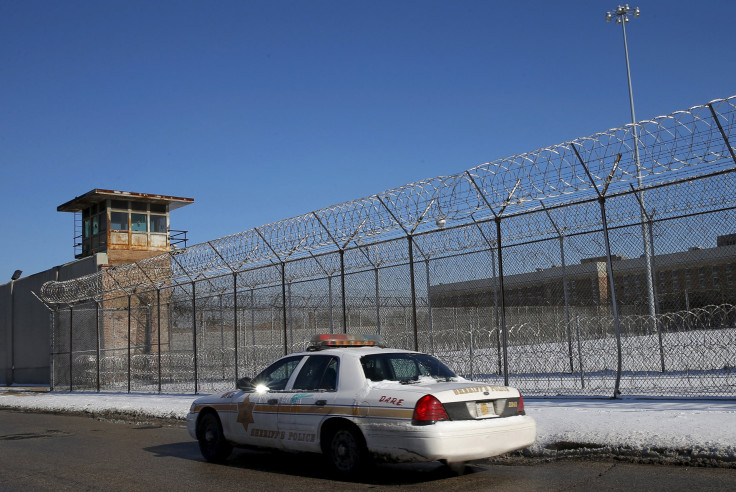Why Are State Prisons Closing? 92 Detention Facilities Have Been Eliminated Since 2011, Saving $333 Million, Report Says

In the past five years, 22 states have cut back on an increasingly unnecessary government budget item: prisons.
According to a report released Wednesday by The Sentencing Project, a criminal justice system advocacy group, 92 state prisons have been shuttered since 2011, reducing states’ capacities by nearly 48,000 beds and their government expenditures by $333 million.
California boasted the largest closure with the shutting of the California Rehabilitation Center in 2012, resulting in a cutback of 3,900 prison beds. Texas’ elimination of the Dawson State Jail came in close second, with taxpayer money no longer supporting a facility of more than 2,200 beds.
As prison populations have fallen slightly—especially in Mississippi, Connecticut and New Jersey, which all saw closures—over the past couple of years, states have seized on the opportunity to not only save taxpayer money by getting rid of the unneeded space, but have cashed in on selling the detention centers to private companies seeking to repurpose them.
The report, for instance, pointed to New York-based Broadway Stages’ 2014 purchase of the state-owned Arthur Kill Correctional Facility in the borough of Staten Island for $7 million. The film and television company plans to turn it into a $20 million sound stage for movie, music video and TV show production.
Other state governments have simply transferred the newly vacant properties to city municipalities working to transform them into projects that support their local economies. When Florida officials handed ownership of the Gainesville Correctional Facility to its namesake city, for example, commissioners transformed it into a nonprofit homeless center that offers job training, shelter and health care.
The total drop in capacity cited in the report is still a small dent in the number of people across the country held in state prisons, which, as of March, the nonprofit Prison Policy Initiative estimated to be a staggering 1.35 million—compared to just 211,000 in federal prisons, and 646,000 in local jails.
© Copyright IBTimes 2024. All rights reserved.






















